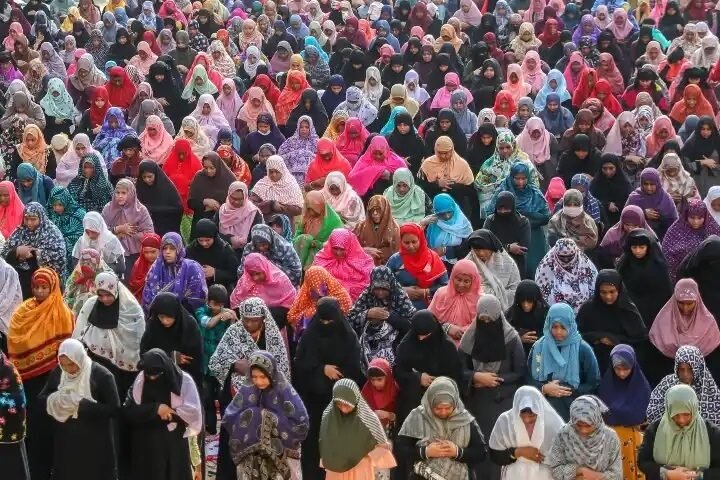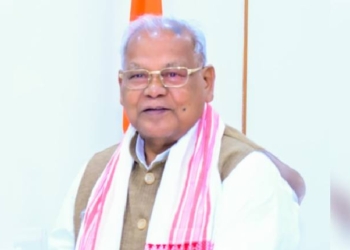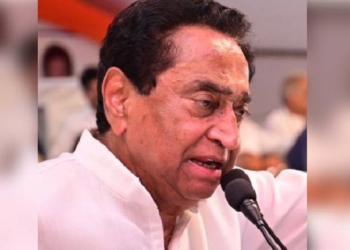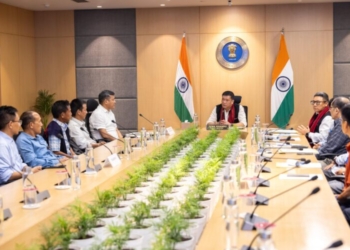New Delhi: In December last year, an advocacy movement called the Forum for Muslim Women Gender Justice was launched in Kerala by a group of progressive women and social organisations to mobilise public opinion against gender inequality in the Muslim Personal Law (MPL), and counter the state government’s reported decision to abide by the gender-biased aspects of the MPL, especially the law of inheritance.
In March this year, the Forum held a State-level meeting in Kozhikode under the title Uyirppu — which means revival in Malayalam — to question, among other things, the discriminatory aspects of the Muslim law of inheritance and the denial of equal divorce rights to Muslim women.
One of the women emboldened to present her case at Uyrippu was Rubiya Sainudheen. Her grievance was that being the only child of her father who died intestate she was not allowed to inherit his entire property because the MPL entitles her to only half the assets owned by him. The rest is divided among his brothers. But had the lone child been a son, he would have got the whole property. This gender bias against daughters in the MPL, lamented Rubiya, is helping her otherwise compassionless relatives grab a large chunk of her father’s property.
A few days before Uyrippu, actor-lawyer C. Shukoor and his wife Sheena Shukoor registered their marriage under the Special Marriage Act, 1954 at a sub-registrar office in the district of Kasaragod. Shukoor opted out of the MPL only to ensure that his three daughters did not lose any share of their inheritance to his own brothers. The MPL’s discriminatory provisions, pointed out Shukoor, would have given his daughters just two-thirds of his property to be divided equally among them in the event of his death. In other words, each daughter would have got only about 22% of Shukoor’s property.
The Quran on inheritance
It is a fact that the Quran (in verse 4:11) states that if a father leaves behind a lone daughter she will get half (nisf) his assets, and if he has more than two daughters, between them they will divide two-thirds (sulus) of his property. The rest goes to the nearest male relative as per a hadith in kitab al faraaiz of Bukhari and Muslim which quotes the Prophet as saying: “Give the shares to those who are entitled to them, and what remains over goes to the nearest male heir.”
But this injunction cannot be cited to deny daughters equal rights because verse 4:11 categorically states that the percentages of shares mentioned in it are not for the entire property. They are strictly restricted to the assets available for inheritance after the will and debts (min ba’di waseeyatin yuzee biha aw dainin) of the deceased have been legally settled. The entire property will come under the ambit of these percentages only when a person dies intestate without being in debt.
Put differently, the Quran gives a Muslim father the right to divide his property equally among his children through a will. But Muslim jurists have restricted this right to only one-third of his property based on a questionable hadith.
According to this hadith, a wealthy companion of the Prophet, Sa’d bin Abi Waqqas when he fell ill, is quoted as having sought the permission of the Prophet to donate his entire property to charity. The Prophet did not agree. But Sa’d, who had just one daughter at that time, still managed to convince the Prophet to let him give away one-third of the property.
Another version of the same incident in Sunan an-Nasaai has Sa’d stating that it was the Prophet who asked him if he had made a will. When Sa’d replies that he has bequeathed all his wealth in the cause of Islam leaving nothing for his children, the Prophet asks him to write a will for one-tenth of his property and give the rest to his children. Sa’d argues that his children are well endowed (hum aghniyaa’u) and bargains with the Prophet until he permits him to bequeath one-third of his wealth.
All versions of this hadith are questionable because the Prophet could never have imposed a restriction on the right to make a will when the Quran that was revealed to him does not place any limitations on it. In fact, the Prophet is quoted in the Quran as stating: “It is not for me to change it [the Quran] of my own accord. I only follow what is revealed to me” (10:15).
Muslim jurists cite yet another hadith from Sunan Ibn Majah in which the Prophet is alleged to have ruled that “there is no bequest for an heir” (laa waseeyata liwaaris).
However, verse 2:180 commands Muslims to write a will in favour of “parents and close relatives” (al waseeyatu lil waalidayni wal aqrabeena). Similarly, verse 2:240 instructs husbands to bequeath for their wives a year’s maintenance in the unfortunate event of their death (Waseeyatan li azwaajihim mataa’an ilal hauli). These verses clearly indicate that legal heirs should be at the top of the testamentary list.
Hadiths cannot overrule the Quran
The glaring contradictions and extra-Quranic rulings in hadiths cited above render them unreliable to be the basis of Islamic law. Besides, Islam’s secondary source (hadiths) cannot overrule or amend its primary source (Quran).
But the inheritance law that prevails today in the name of shariah has undermined the Quran to such an extent that the higher percentage of share for sons — which is applicable only on a limited quantum of property — is universalised to permanently curtail the testamentary rights of Muslims over their own property. This, coupled with the false belief that a will cannot be made in favour of legal heirs, has tied the hands of Muslims from giving their daughters an equal share in their properties through a will.
If Muslims really want to reap the benefits of Quranic egalitarianism, they will have to muster the courage to challenge the interpretive monopoly of the theologians and legally stop them from formulating the Muslim Personal Law on the basis of medieval fatwas or hadiths that violate the Quran.
(IANS)

















